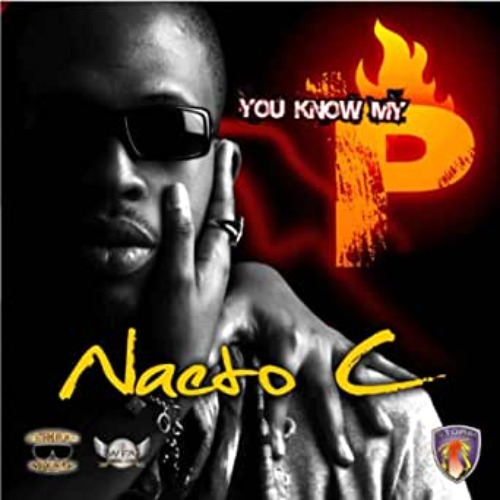
The Shuffle: Naeto C’s “Kini Big Deal” is another marker of Hip-Hop’s influence on Nigerian Pop Music
A touchstone of rap's everlasting impact on contemporary Nigerian music

A touchstone of rap's everlasting impact on contemporary Nigerian music
As seen on our timelines, many Nigerians loved the Super Bowl Half Time show which held last week Sunday. For most, the 70,000-capacity SoFi Stadium in Los Angeles was geographically distant, but the performance of Dr Dre and his legendary friends couldn’t have hit closer to home. On our social media timelines, discussions opened into our favourite songs of the 2000s and how that diet was largely informed by American Rap music–a mainstay in popular culture at the time.
Emerging from the Bronx, New York, in the late 1970s and early 1980s, Hip-Hop was readily adapted into the cultures of many diasporan nations. In the 2000s, America’s influence on the media rubbed off on many Nigerians, especially on musicians who began making music which sounded similar to some of our classical oratory. Bursting at the seams and innovated frequently, Hip-Hop was the commercial darling of popular music worldwide. Nigerian acts would usually be gleamed wearing sports fits and baggy jeans, sporting cornrows and sketching some grit into their images. Simply put, you needed to be hip to stand any chance at ‘blowing’ around these parts.
Few came as hip as Naeto C. The Houston-born rapper completed his secondary education in Lagos but returned to America to further his studies. During his MSc program at the George Washington University, he met the brothers Ikechukwu and Uzikwendu, developing a rapport which coalesced into the World Famous Academy. Part collective and part label (without any real sponsorship), the WFA released Ikechukwu’s 2006 debut album, ‘Son of the Soil’, while Naeto C worked on his own music that would go on to capture the ears and hearts of millions.
“Kini Big Deal” was released in 2008 to almost instant acclaim. The Hausa-inflected hook and the Yoruba-lined chorus of “kini big deal” were too Nigerian to ignore, but then the swag—an important factor in the song’s success—was obviously international. Naeto C rapped like he was too blessed to be stressed, running every syllable with the ease rappers like Snoop Dogg were famed for. The record’s production also glistened with party elements, evoking the feeling of standing in a large ball room with a tall glass of expensive champagne in hand.
The song’s brilliance cannot be understated. As a product marketed to a people’s sensibilities, its grand vision of opulence and city connections cannot be missed. Lyrically, it’s potent, taking shots at a rival and sweet-talking a lady at different points and, in the last line of its first verse (“one more thing, this is Las Gidi”), embracing the Hip Hop culture of “representing.” The slickness of his “Yes, Boss” adlibs also hinted at decades-old black tradition and crucially appealed him to a generation who grew up on stories of confidence.
Naeto C’s debut album ‘You Know My P’ went on to become a classic. Besides housing this undisputed pop classic, it spawned great records like “Lagos City Hustler” and the Wande Coal-featuring “One For Me” and became a schoolbook for cutting commercial success from rap’s generous textile. Both Naeto C and Ikechukwu wore classy suits reminiscent of The Notorious B.I.G and Puff Diddy whose Bad Boy Records created the 90s template for being hip in a way that transcends Hip-Hop. Naeto’s pairing of simple shirts with northern-styled hats would later become a totem of 2000s popular culture.
Over the years, from the “Kini Big Deal” era to that of “Ako Mi Ti Poju” and “Tony Montana”, Naeto C built a lifestyle associated with his music, going the necessary extra mile to immerse the audience in an experience that stays longer than a song’s last spin.

